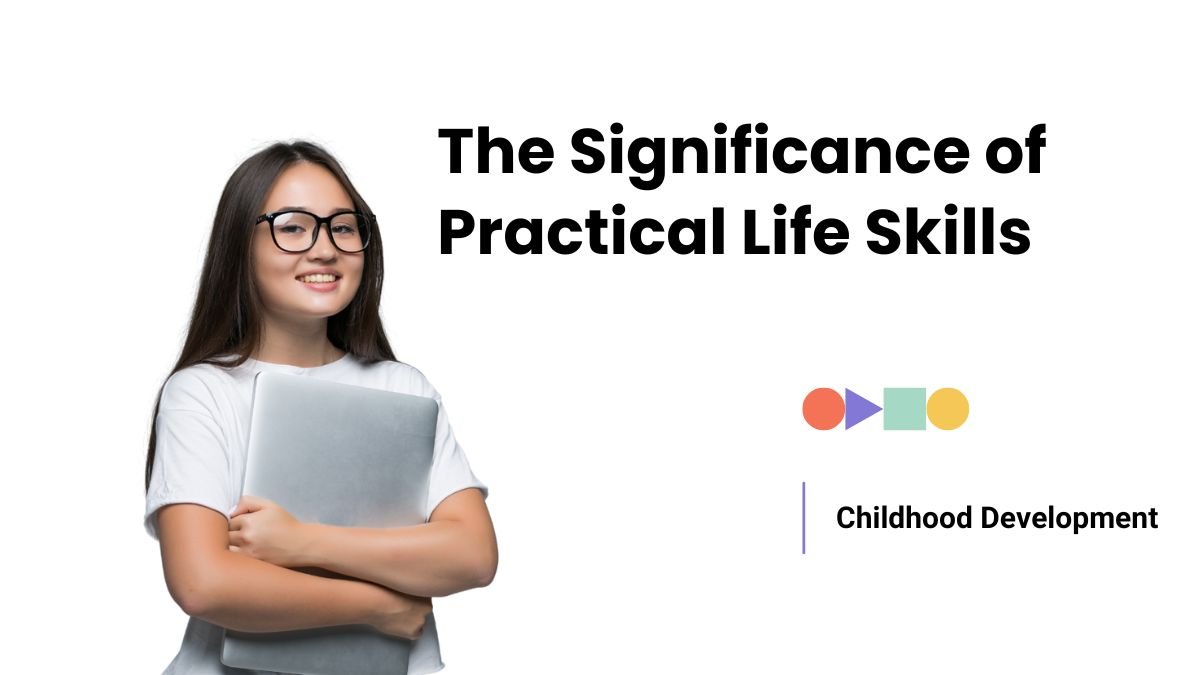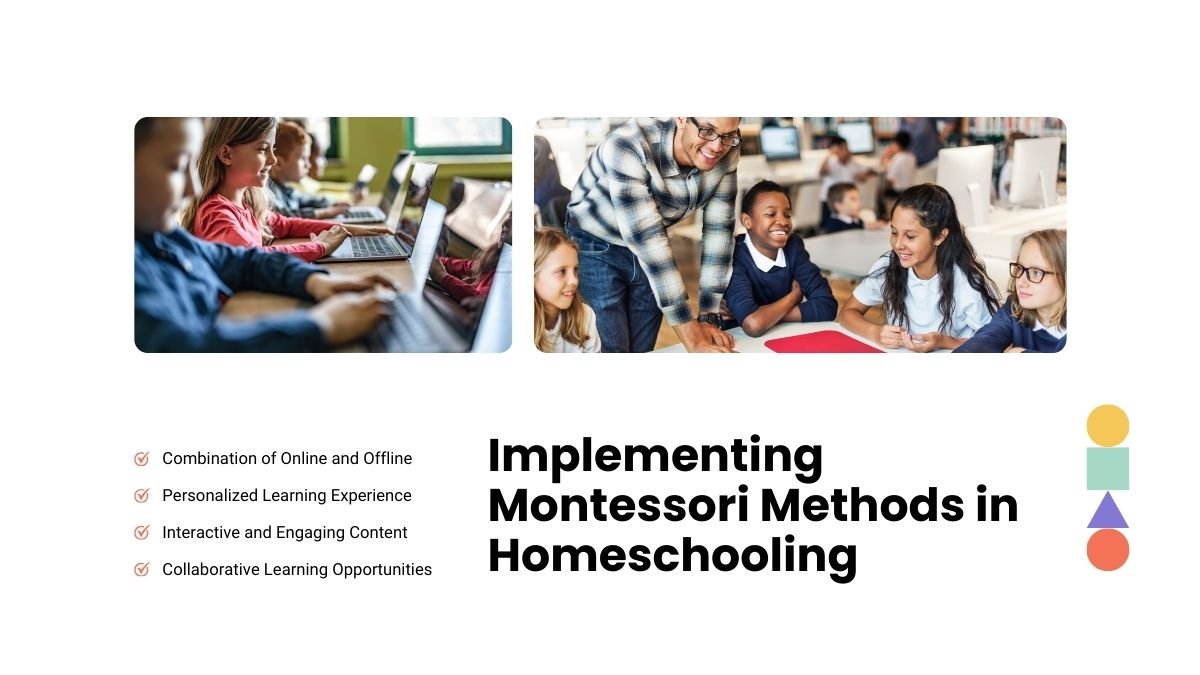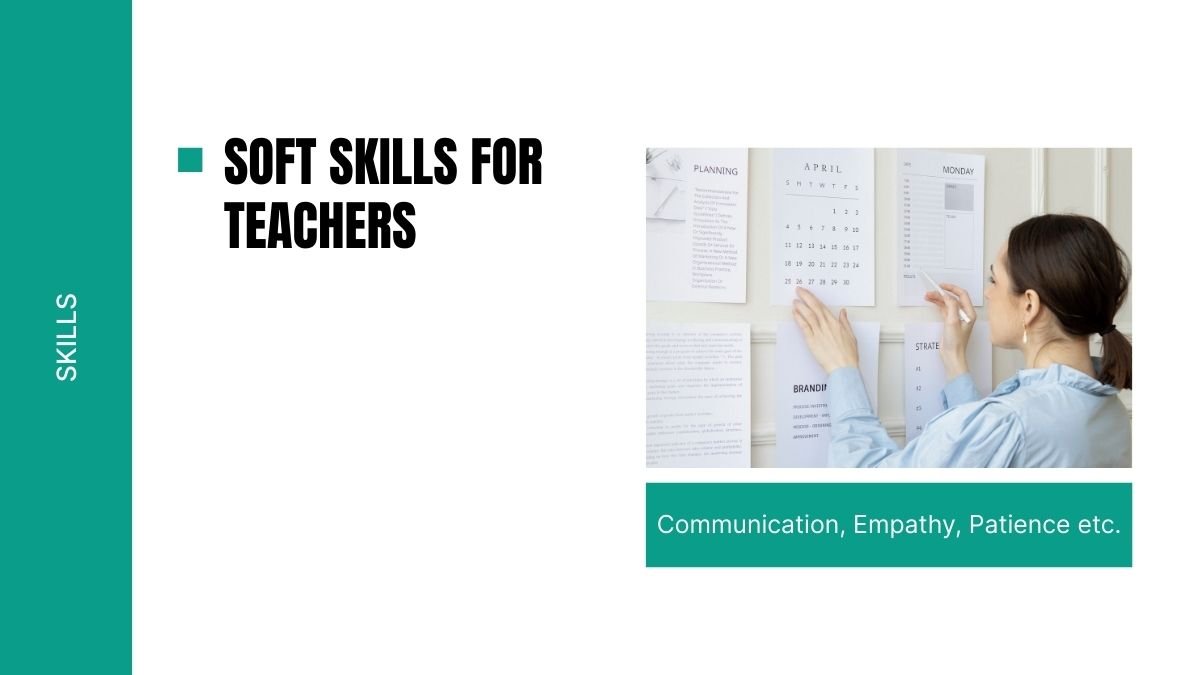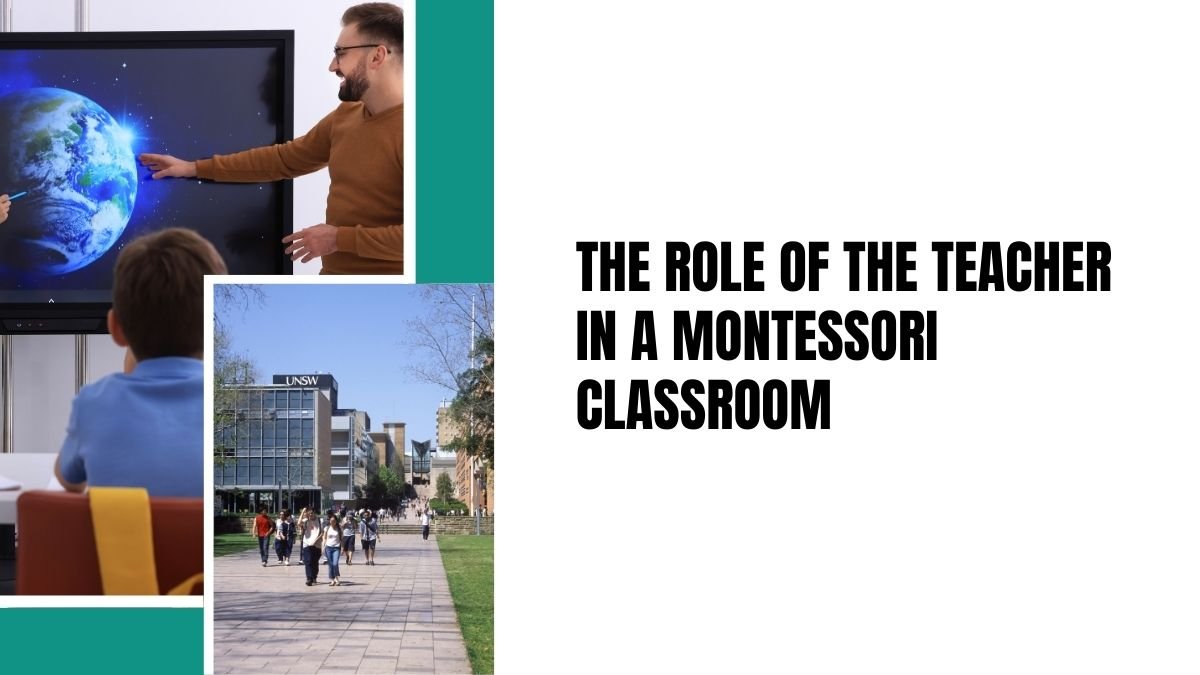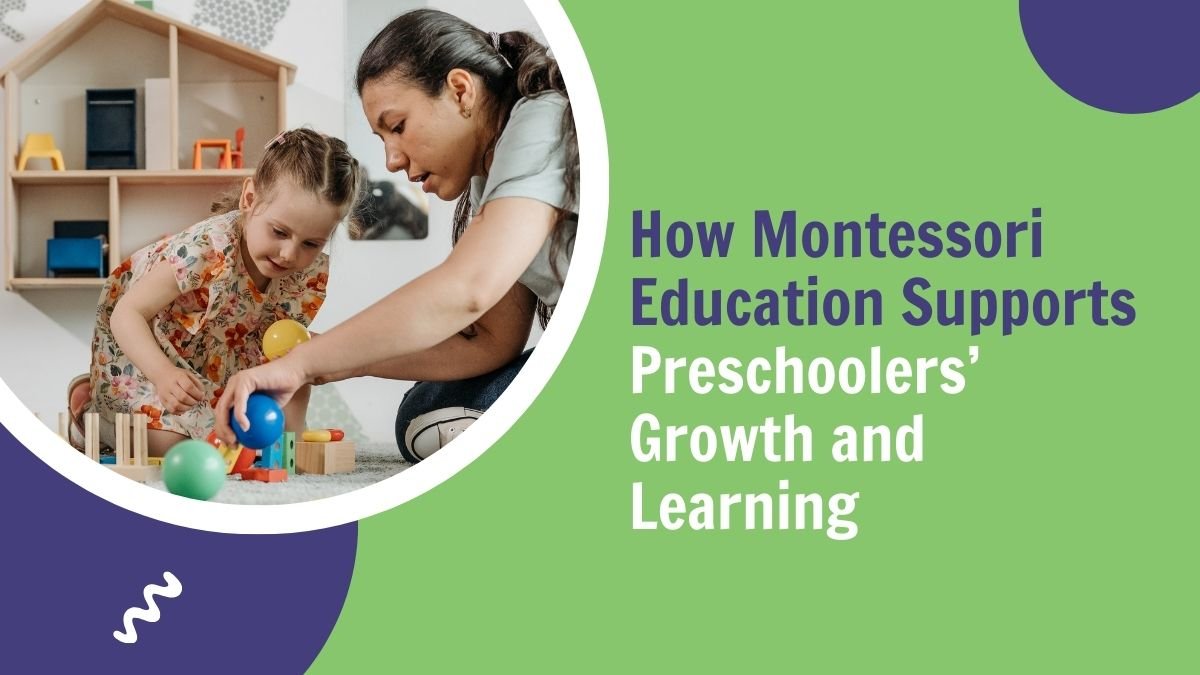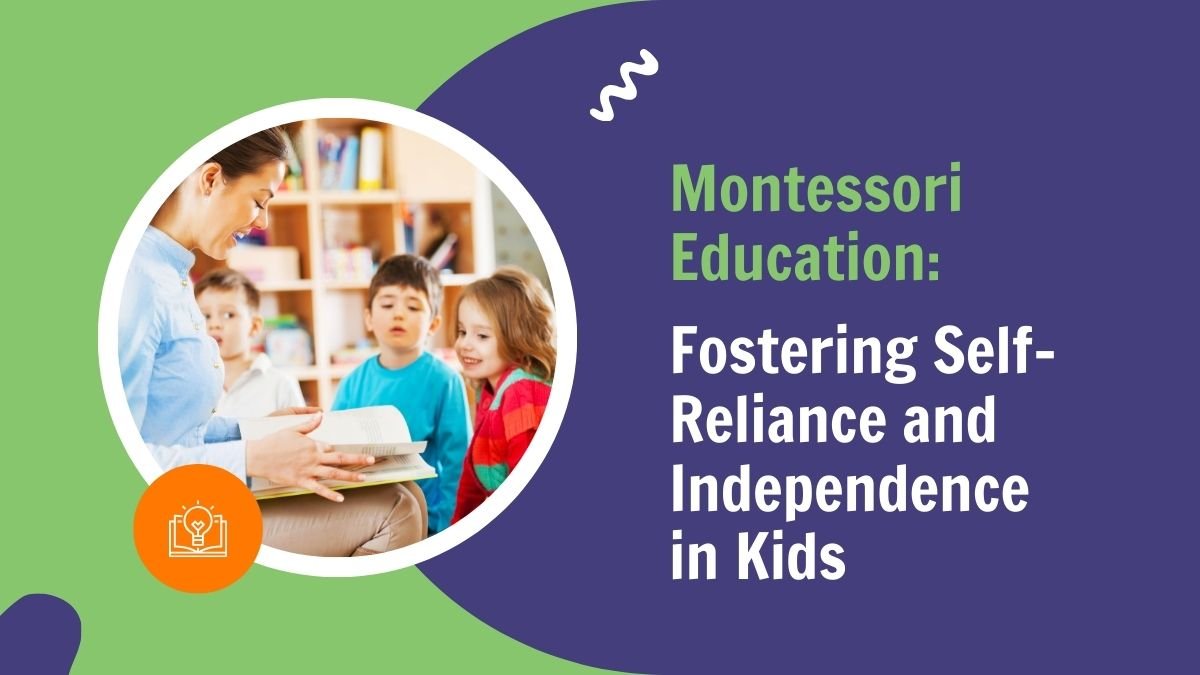Importance of Practical Life Skills and Role in Development
Practical life skills are among the most critical in the very early development stages for children. These skills lead them to independence, confidence, motor skills, attention, and problem-solving abilities.
Children develop these capabilities while involved in learning how to do daily chores such as dressing, having breakfast, and even cleaning themselves. In Montessori and other child development methods, they are seen to be underlining the overall growth of a child.
Key Areas of Development
1. Independence and Self-Reliance
These skills inculcate the child’s competence and pride to do things by himself. Simple works such as buttoning, pouring water, and preparing meals teach the child the habit of doing things by himself.
Example: Making his own snack, gets dressed by himself, and organizes his toys.
2. Fine Motor Skills
Practical life activities involve very precise, controlled movements of the hands.
These activities are necessary for writing, for self-care, and for more complex tasks.
Example: Planting seeds, folding little clothes, pouring cereal with a spoon.
3. Cognitive Growth
Sequential steps are followed, sorting of objects is done, and problem solving takes place.
This gives development of logical thinking, attention, and comprehension of the instructions within the child.
Example: The child has the task to classify food items or even separate clothes according to color.
4. Concentration and Focus
Completing a task trained from the start to the finish teaches a child to have long focal attention.
Thereby ropes up their patience, discipline, and concentration.
Example: The child is engrossed in clay pot decoration or building something out of blocks.
5. Social-Emotional Growth
In practical life skills, they also learn sharing, taking turns, and etiquettes.
These develop their communication skills about other people’s feelings and respect to other children.
Example: Waiting for a friend’s toy or cooperating during play.
6. Confidence and Self-Esteem
Finishing a task successfully gives the child a sense of proficiency and skill.
Increases their self-esteem and capacity for facing new challenges.
Example: The child cleaned his room himself or put on his clothes properly.
Building Lifelong Foundations
1. Enhanced Executive Functions
Practical life skills empower children’s determination, self-control, and organizing ability. These help in the success of a child both at school and in life.
Example: Children organize their own materials; complete tasks on time.
2. Sense of Purpose
Meaningful and important tasks give children a sense of the important role they’re playing and contributing to their family/community.
Example: The child assists in household chores and has a sense of contribution.
3. Love for Learning
The more children see how much fun and important things there are to learn in the world, the more naturally they will love and be curious about learning.
Example: A child awaits the chance to explore, create, and learn about new things.
Common Examples of Practical Life Skills
- Getting dressed, buttoned: Self-reliance, patience
- Pouring water/cereal: Motor skills, attention
- Cleaning, storing utensils: Responsibility, organization
- Preparing food: Planning, problem-solving
- Care of plants: Sensitivity, environmental awareness
Conclusion
In practice, life skills improve the construction of a solid foundation for a child physically, mentally, socially, and emotionally.
- An independent child grows up to be confident and responsible.
- Such experiences will create children full of attention, empathy, and a desire to learn.
This is how Montessori and other child development methods consider this a very crucial foundation in the long-term development of children.
If parents and teachers include these skills regularly as part of every day’s life, children will not only be able to learn independently but also in decision-making for their contribution to society.
